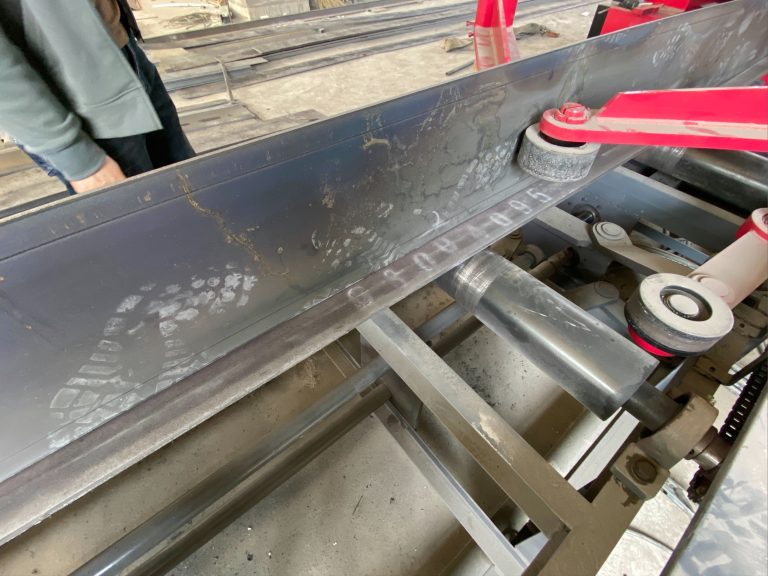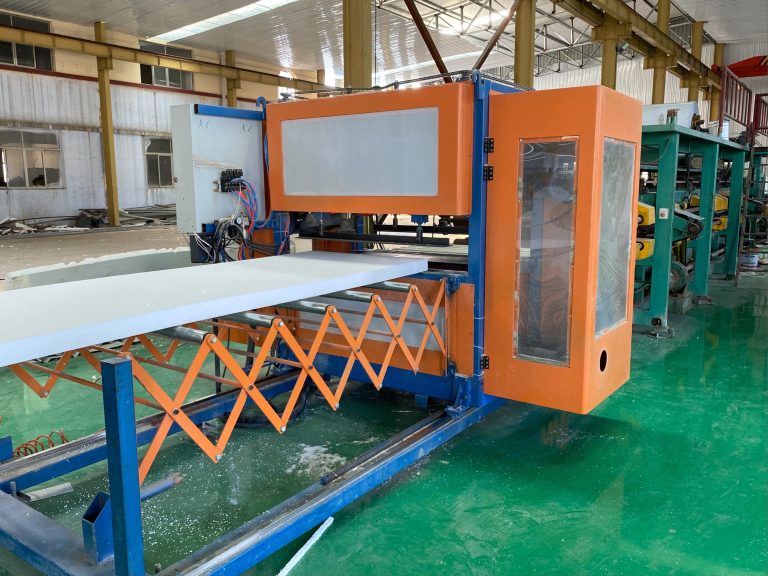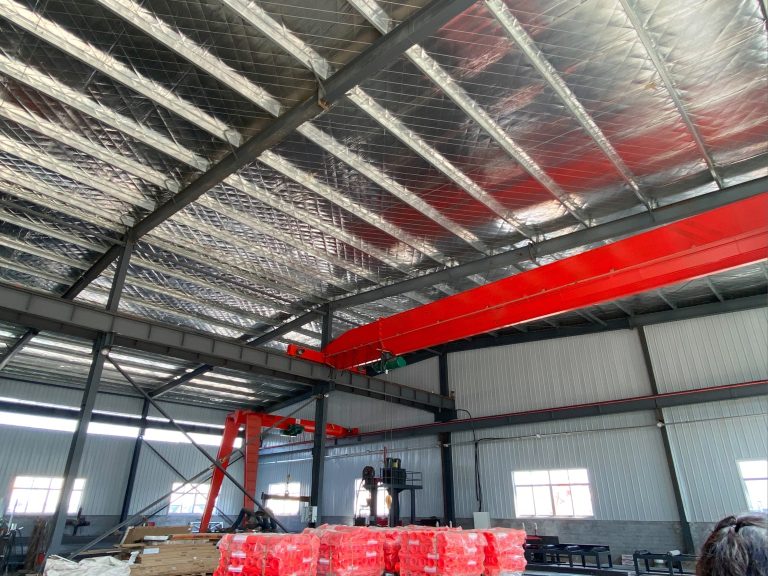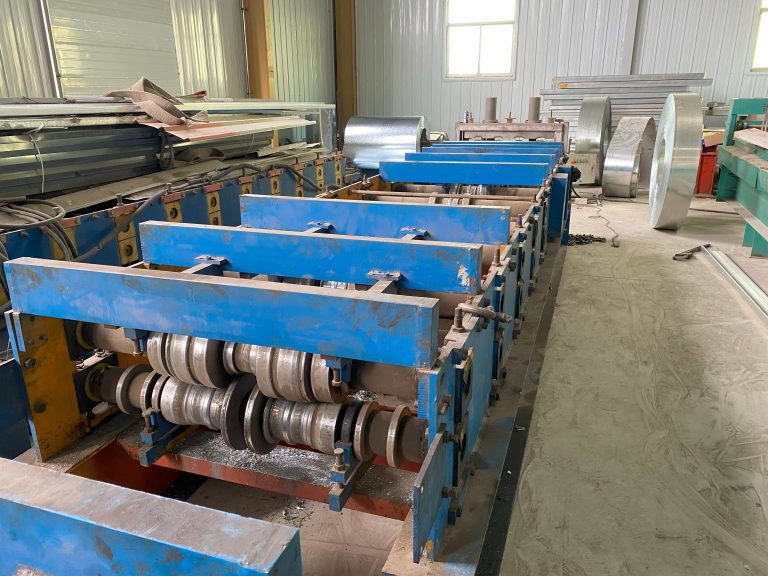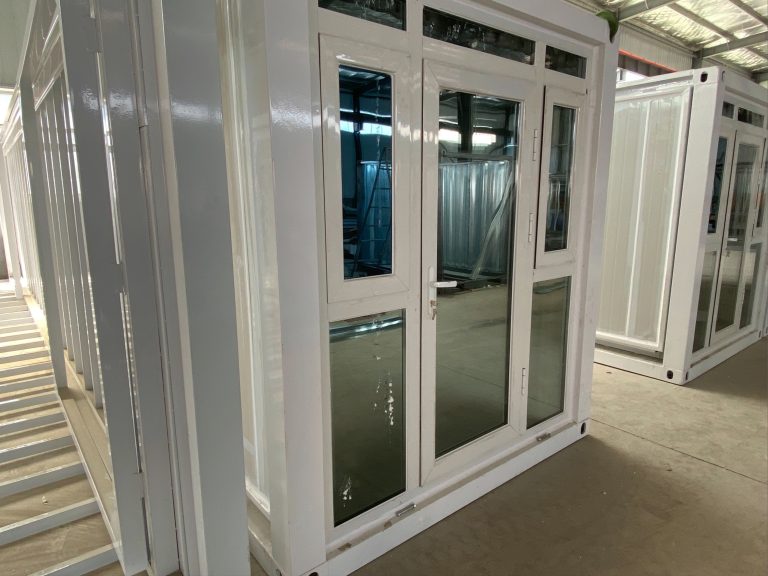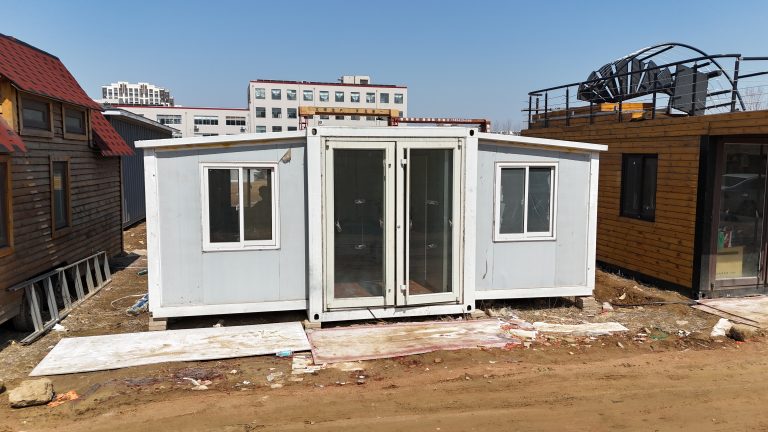New trend analysis of global steel market.
Table of Contents
Impact of Electric Vehicles on Steel Demand
The global steel market is constantly evolving, with new trends and technologies shaping the demand for this essential material. One of the most significant factors influencing the steel market in recent years is the rise of electric vehicles (EVs). As countries around the world push for a transition to cleaner and more sustainable transportation options, the demand for steel in the production of EVs is expected to increase significantly.
Electric vehicles are powered by batteries, which require a significant amount of steel in their construction. From the chassis to the body panels, steel is a crucial component in the manufacturing of EVs. As the popularity of electric vehicles continues to grow, so too will the demand for steel in the automotive sector. This trend is expected to have a major impact on the global steel market in the coming years.
In addition to the direct impact on steel demand from the production of electric vehicles, there are also indirect effects to consider. The shift towards electric vehicles is driving changes in the automotive industry as a whole, with traditional automakers investing heavily in the development of electric models. This shift is likely to lead to increased demand for steel in other areas of the automotive supply chain, such as in the production of charging infrastructure and battery manufacturing facilities.
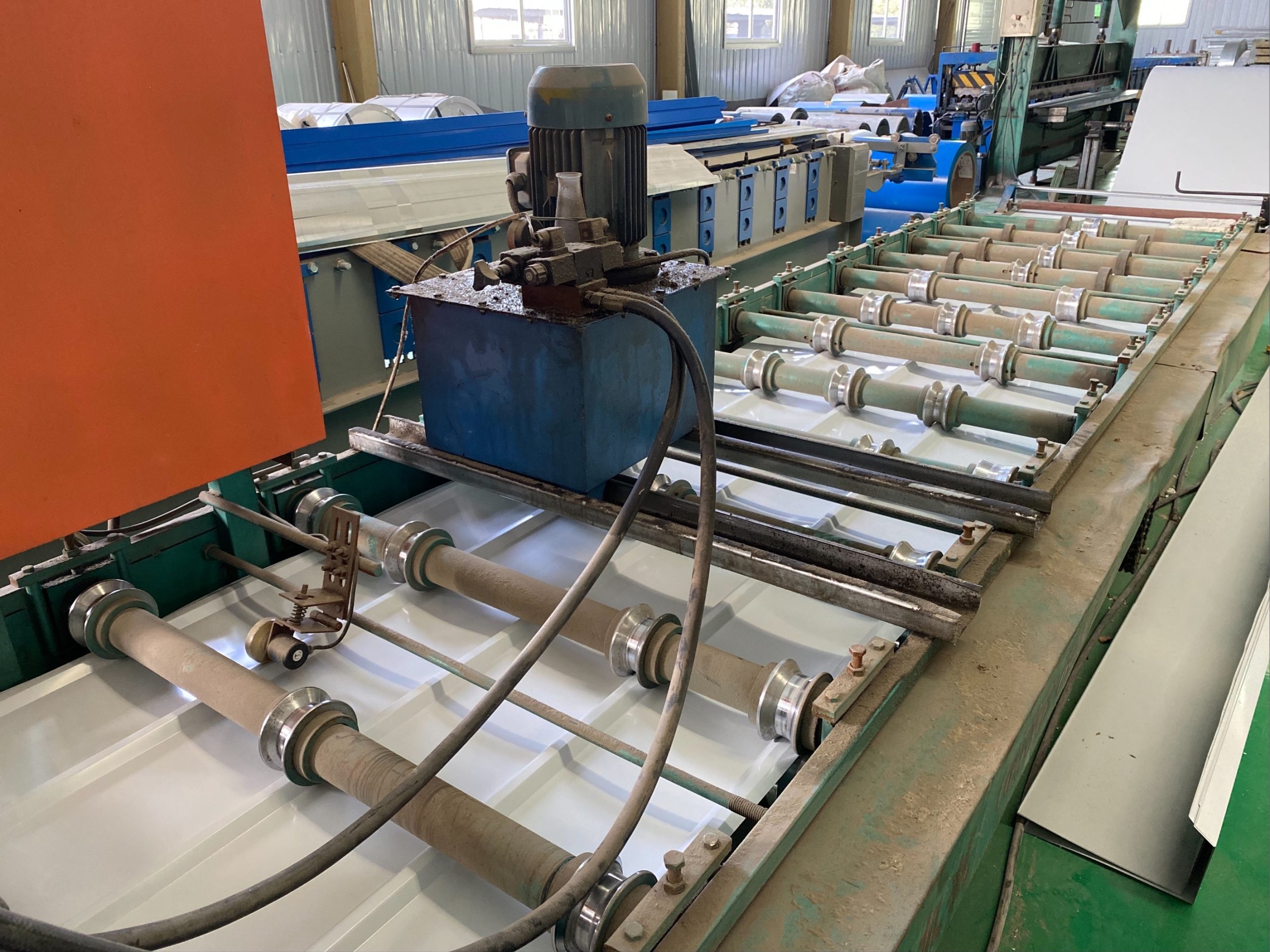
Furthermore, the rise of electric vehicles is also expected to have a ripple effect on the steel market in other industries. As more countries and companies commit to reducing their carbon footprint, there is a growing demand for sustainable materials in construction and infrastructure projects. Steel is a versatile and durable material that is well-suited for a wide range of applications, making it an attractive choice for projects that prioritize sustainability.
The impact of electric vehicles on the global steel market is not limited to just the demand side. The production of steel itself is also undergoing significant changes in response to the rise of electric vehicles. Steelmakers are increasingly looking to reduce their carbon emissions and improve their environmental footprint, in line with the push towards cleaner energy sources.
One of the key challenges facing the steel industry is the high energy intensity of steel production. Traditional steelmaking processes rely on coal and other fossil fuels, which contribute to greenhouse gas emissions. In response to this challenge, steelmakers are exploring new technologies such as electric arc furnaces and hydrogen-based steelmaking processes, which have the potential to significantly reduce the carbon footprint of steel production.
The transition to cleaner steelmaking processes is not only driven by environmental concerns but also by market forces. As more companies and consumers prioritize sustainability, there is a growing demand for low-carbon steel products. Steelmakers that can offer environmentally friendly steel products are likely to have a competitive advantage in the market, particularly as the demand for sustainable materials continues to grow.
In conclusion, the rise of electric vehicles is expected to have a significant impact on the global steel market. From the direct demand for steel in the production of EVs to the indirect effects on other industries, the shift towards electric vehicles is reshaping the steel market in profound ways. Steelmakers that can adapt to these changes and embrace sustainable practices are likely to thrive in this evolving market landscape.
Sustainability Initiatives in Steel Production
The global steel market is a key player in the world economy, with a significant impact on various industries and sectors. As the demand for steel continues to rise, there is a growing focus on sustainability initiatives in steel production. This trend analysis aims to explore the latest developments in sustainable steel production and their implications for the global market.
One of the key trends in the global steel market is the increasing adoption of green technologies and practices in steel production. With growing concerns about climate change and environmental degradation, steel manufacturers are under pressure to reduce their carbon footprint and minimize their impact on the environment. As a result, many companies are investing in renewable energy sources, such as solar and wind power, to power their operations and reduce their reliance on fossil fuels.
Another important trend in the steel market is the shift towards circular economy principles. This involves reusing and recycling steel products to minimize waste and conserve resources. By implementing closed-loop systems and promoting the use of recycled steel, manufacturers can reduce their environmental impact and contribute to a more sustainable future. This trend is gaining traction in the industry, with many companies setting ambitious targets for increasing the use of recycled steel in their production processes.
In addition to green technologies and circular economy principles, there is a growing emphasis on transparency and accountability in the steel market. Consumers and investors are increasingly demanding information about the environmental and social impact of steel production, prompting companies to improve their reporting practices and disclose more information about their sustainability initiatives. This trend is driving greater awareness and scrutiny of the industry’s practices, pushing companies to adopt more responsible and ethical business practices.
Furthermore, there is a growing focus on collaboration and partnerships in the steel market. As the challenges of sustainable steel production are complex and multifaceted, companies are recognizing the need to work together with stakeholders across the value chain to drive meaningful change. By forming partnerships with suppliers, customers, and other industry players, companies can leverage their collective expertise and resources to develop innovative solutions and drive progress towards a more sustainable future.
Overall, the trend analysis of the global steel market reveals a shift towards sustainability initiatives and a growing recognition of the importance of environmental and social responsibility in steel production. As companies continue to invest in green technologies, embrace circular economy principles, improve transparency and accountability, and foster collaboration and partnerships, the industry is poised to make significant strides towards a more sustainable future. By staying abreast of these trends and embracing sustainable practices, steel manufacturers can position themselves for long-term success in a rapidly evolving market.

